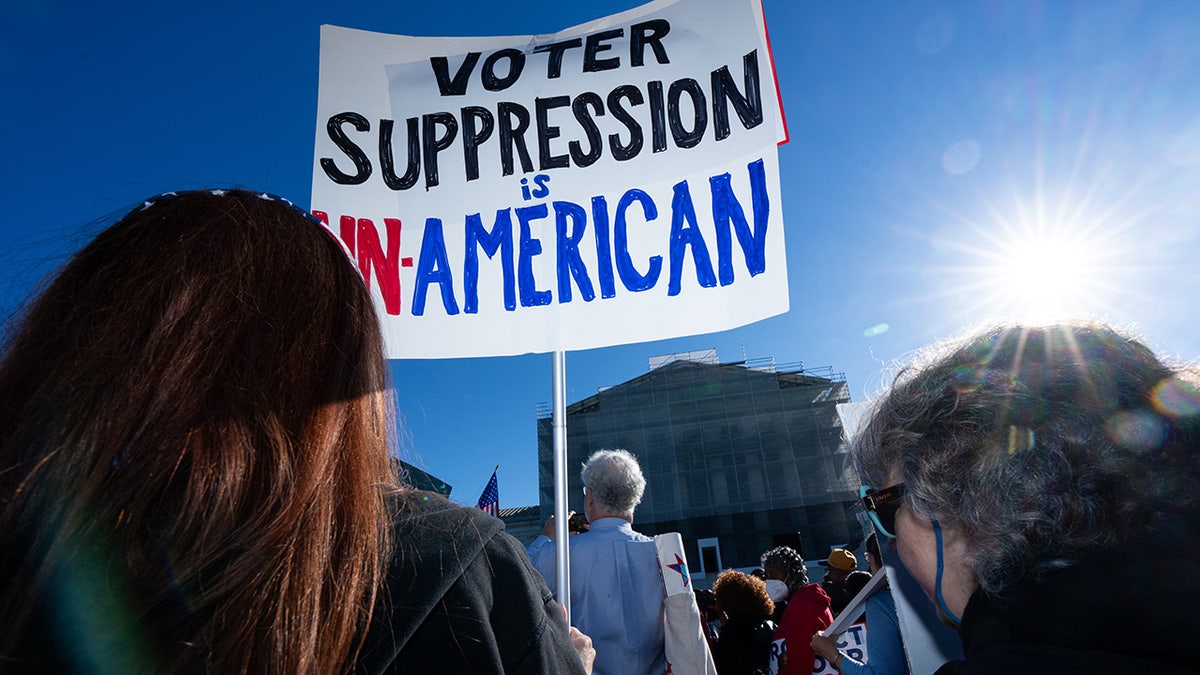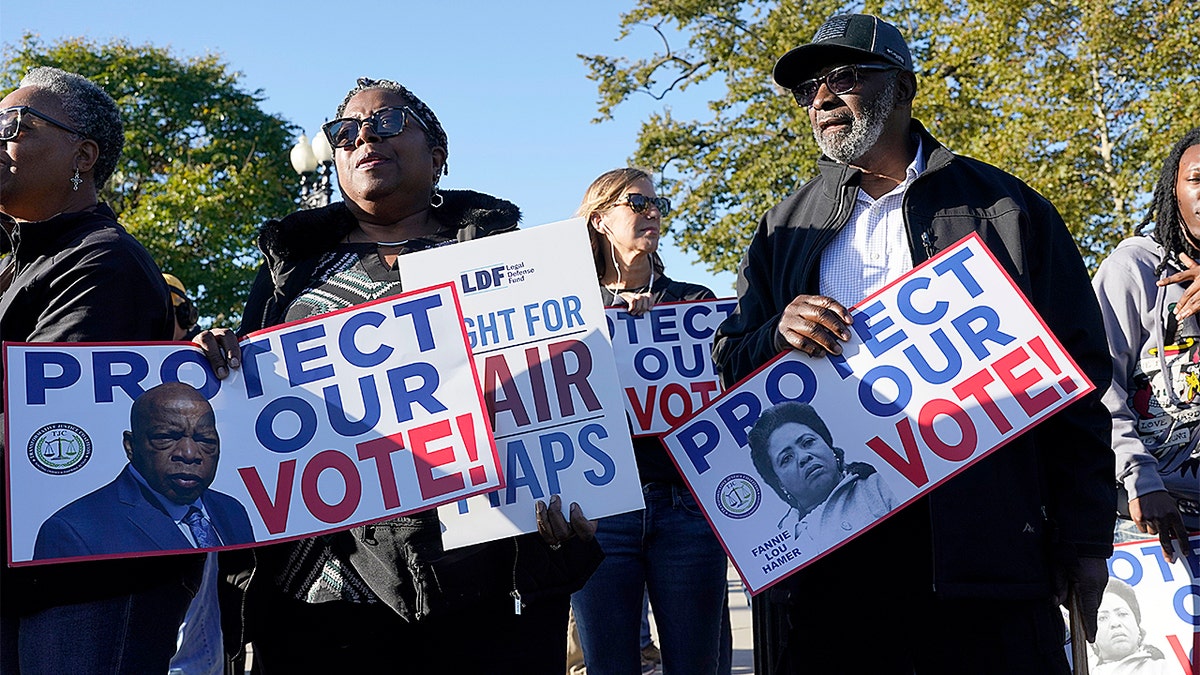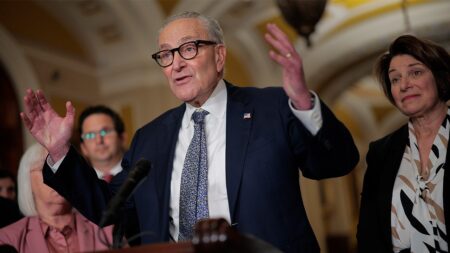NEWYou can now listen to Fox News articles!
Supreme Court Justice Ketanji Brown Jackson sparked debate Wednesday after she invoked the Americans with Disabilities Act (ADA) during oral arguments to illustrate how the government can remedy discrimination — an exchange that quickly took off on social media, where some critics accused her of comparing Black voters to disabled persons.Â
The back-and-forth took place during nearly three hours of oral arguments in Louisiana v. Callais, which centers on states’ obligation to consider race when drawing congressional maps under Section 2 of the Voting Rights Act.
Jackson’s remarks were a follow-up to questions posed by Justice Elena Kagan, who had also pressed counsel for Louisiana on what remedies the government must provide in cases of discrimination under the 14th and 15th Amendments, and if they must take into account issues of intent.
“Going back to this discriminatory intent point — and the fact that remedial action, absent discriminatory intent, is really not a new idea in civil rights laws. And my paradigmatic example of this is something like the ADA,” Jackson said.
SUPREME COURT SIGNALS IT MAY LIMIT KEY VOTING RIGHTS ACT RULE
“Congress passed the Americans with Disabilities Act against the backdrop of a world that was generally not accessible to people with disabilities. And so it was discriminatory, in effect, because these folks were not able to access these buildings — and [it] didn’t matter whether the person who built the building, or the person who owned the building, intended for them to be exclusionary. That’s irrelevant,” she continued.
“Congress said the facilities have to be made equally open to people with disabilities, if readily possible. I guess I don’t understand why that’s not what’s happening here.”
Jackson went on to note that the idea of Section 2 is that the government “is responding to current-day manifestations of past and present decisions that disadvantaged minorities,” and to “make it so they now have equal access to the voting system, right? They’re disabled,” she said, drilling down on the hypothetical.Â
FORMER SUPREME COURT JUSTICE WARNS PARTISANSHIP PLAYS ‘TOO MUCH OF A ROLE’ IN JUDICIAL NOMINATIONS

The lawyer arguing for Louisiana interjected to note, “The difference is that the remedy under the ADA and other anti-discrimination laws are not stereotyping.”
“It’s not race-based,” Jackson quickly agreed of the ADA and other discrimination laws. “I take your point.”
“But what you’re saying, then, that if the problem of no access is about race, ‘it’s just too bad,’ because you can’t have a remedy that relates to race?”
“Absolutely not, Your Honor,” counsel responded.Â

Despite the heavy backlash that erupted on social media and suggestions that she was describing Black people or other minorities as “disabled,” Justice Jackson’s remarks were not unique — nor were they unique in the eyes of the Supreme Court.
As she noted during the same exchange, the “disabled” terminology was used by the Supreme Court in a 2021 case, Allen v. Milligan, which also dealt with race-based redistricting issues in the state of Alabama and issues of discriminatory intent.Â
In Milligan, Jackson said, the Supreme Court “used the word disabled — we said, that’s a way in which you see that these processes are not equally open.”
“So I don’t understand why it matters whether the state intended to do that. What Congress is saying is, if it is happening, which Section 2 gives us the tools to determine, you’ve got to fix it.”
The court’s conservative majority seemed poised to significantly weaken Section 2 of the Voting Rights Act, though to what extent it will do so remains to be seen.
Read the full article here














